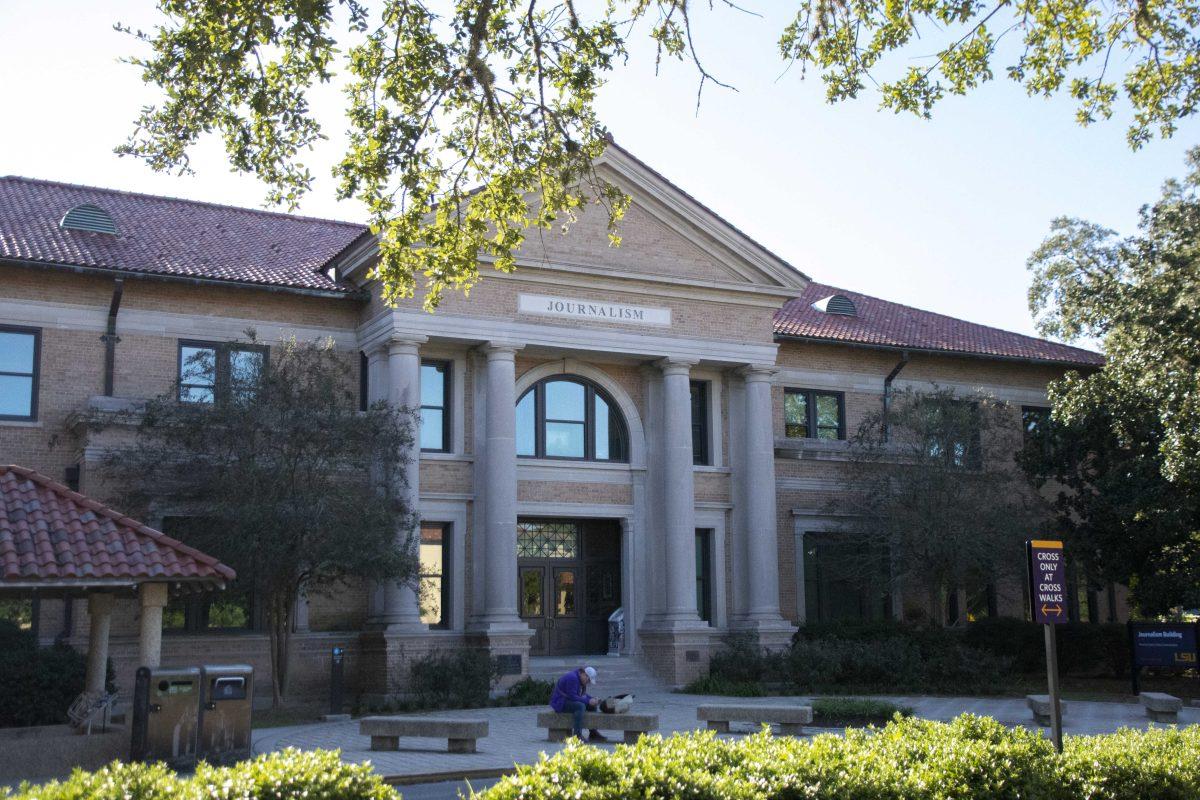The University is not up for reaffirmation under the Southern Association of Colleges and Schools Commission on Colleges until 2014, but administrators and faculty have already begun the process of maintaining accreditation.
Reaffirming accreditation is the process by which schools secure their accreditation status for a 10-year period.
The commission, commonly known as SACSCOC, accredits more than 800 higher education institutions across the South, assuring that each school measures up to the agency’s standards.
“Everyone should realize the significance of the SACS committee’s accreditation,” said T. Gilmour Reeve, vice provost for Academic Programs, Planning and Review.
Reeve said reaffirmation is important because staying accredited ensures student aid and research grants. He made the distinction between reaffirmation and reaccreditation, explaining that reaccreditation applies to schools that have lost accreditation.
Accredited schools, like the University, are up for reaffirmation every 10 years when the SACSCOC considers upholding current accreditation. The University will make its case for reaffirmation for the first time since 2004.
In 2004, the University was part of a pilot group that involved the development of a quality enhancement plan, said Stephenie Werline, assistant to the vice provost for Academic Programs, Planning and Review.
The University compiled one of the first quality enhancement plans for the SACSCOC that outlined new programs aimed to improve student experience across campus, Werline said. The 2004 quality enhancement plan involved plans for Communication across the Curriculum, residential colleges and a summer reading program.
While Communication across the Curriculum and residential colleges have flourished at the University, summer reading has been phased out, Werline said.
The current quality enhancement plan team is led by Carol O’Neil, human ecology professor. O’Neil said her team’s process is still in its early stages. A broadcast e-mail was sent out requesting concept papers from the University community.
“The proposals we have gotten look very good,” she said.
The deadline for the final quality enhancement plan is in December 2013.
The second part of reaffirmation is compliance certification.
The SACSCOC considers 94 principles as part of the reaffirmation process, according to Darrell Henry, director of SACSCOC Reaffirmation of Accreditation for the University and head of the Steering Committee.
Compliance certification is broken down into four main principles that include integrity, core requirements, comprehensive standards and federal requirements, Henry said.
He said the reaffirmation process already involves hundreds of faculty, staff and students, and the process is on schedule for completion in December 2014.
Reeve said there’s no assurance when it comes to reaffirmation of accreditation, but the University has little to worry about.
Reeve, Henry and O’Neil all emphasized the importance of community awareness during the reaffirmation process.
—-
Contact Brian Sibille at bsibille@lsureveille.com.
University gearing up for school’s 2014 accreditation reaffirmation
March 28, 2012









